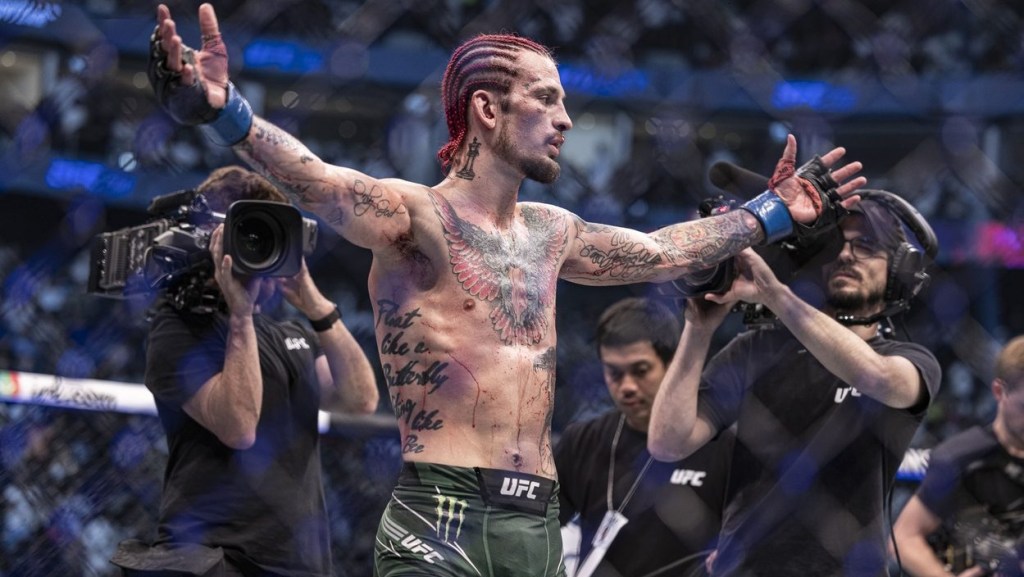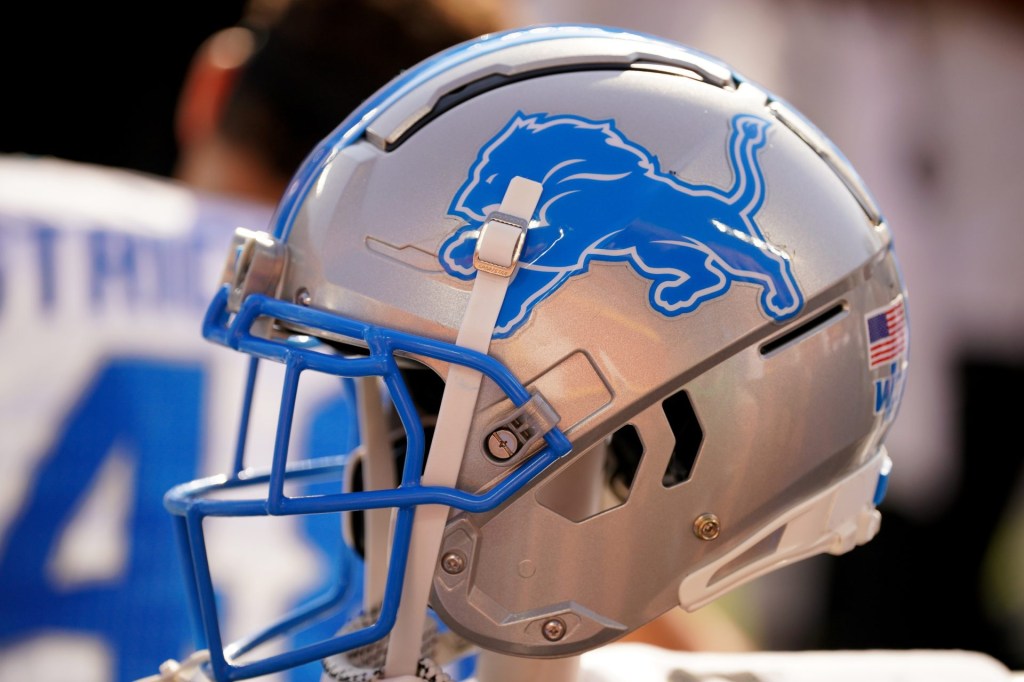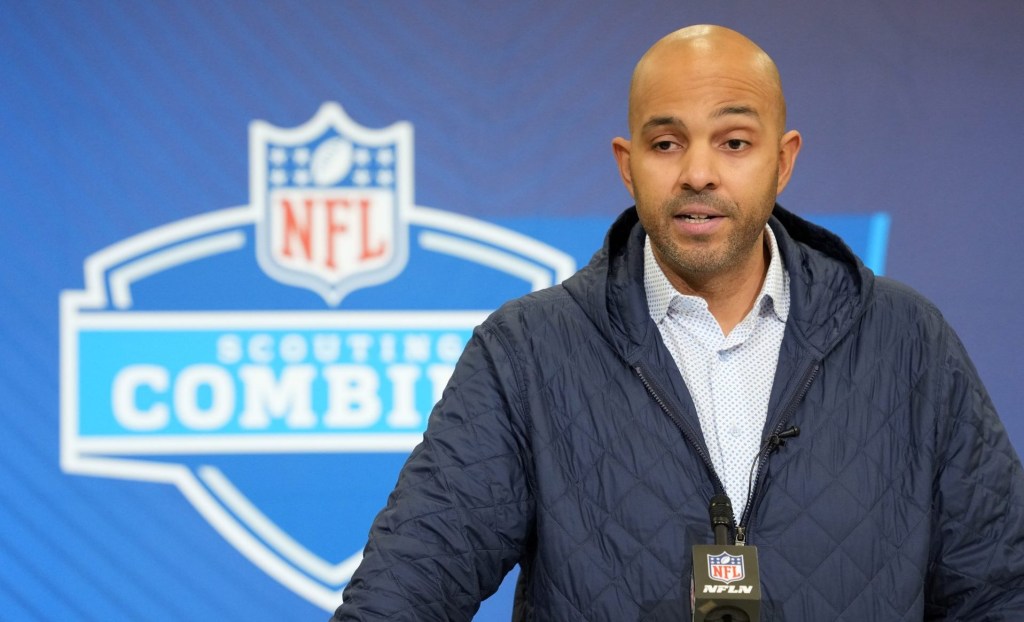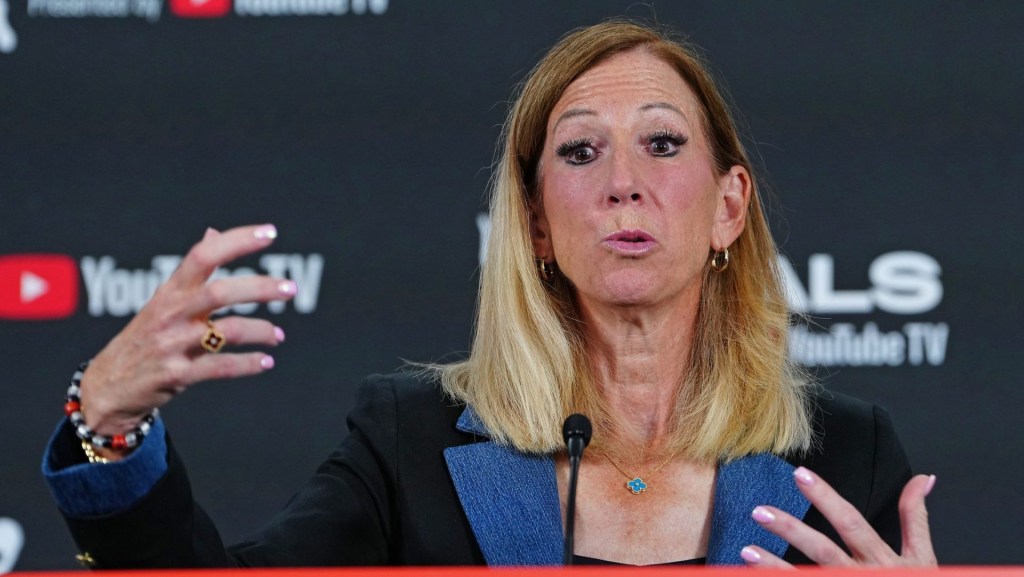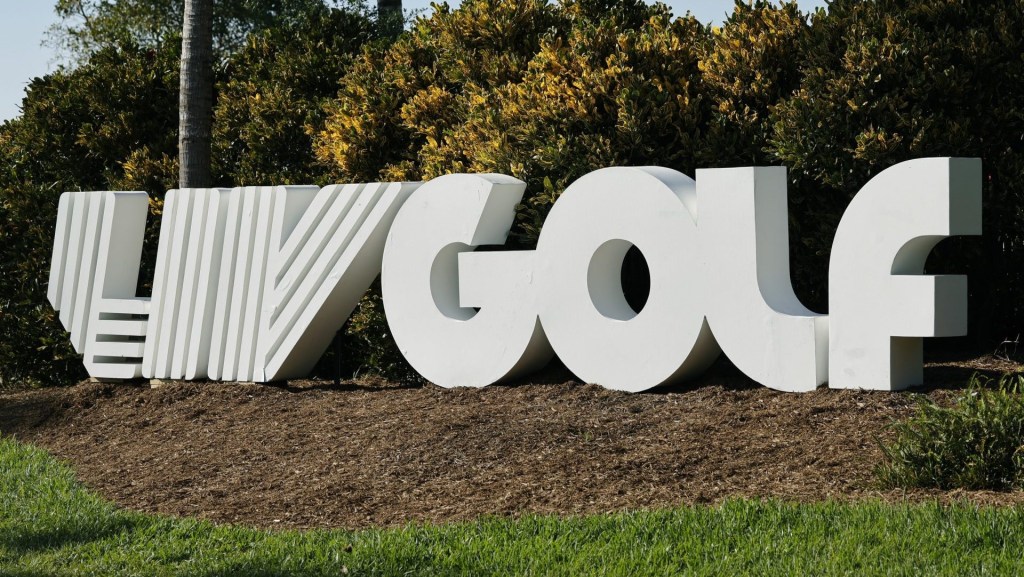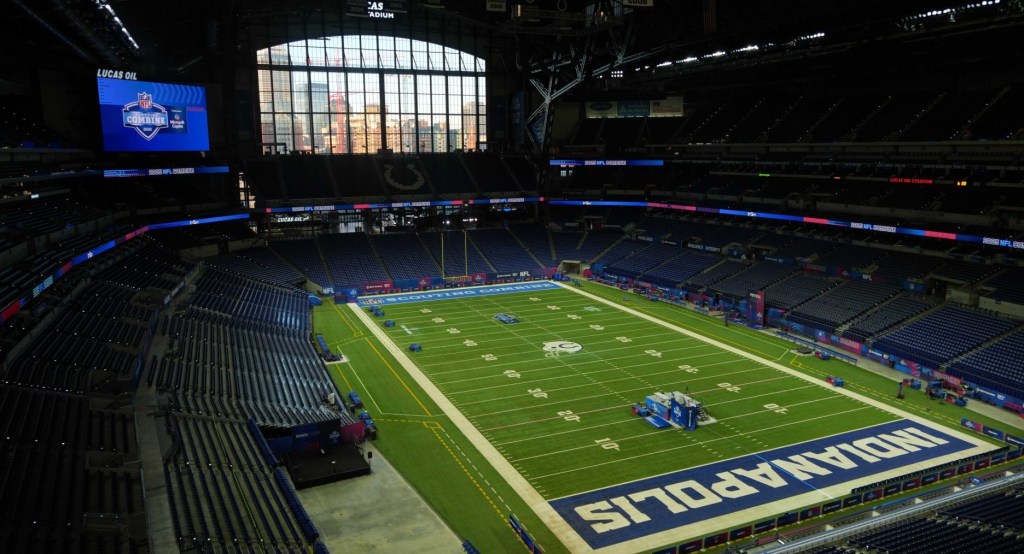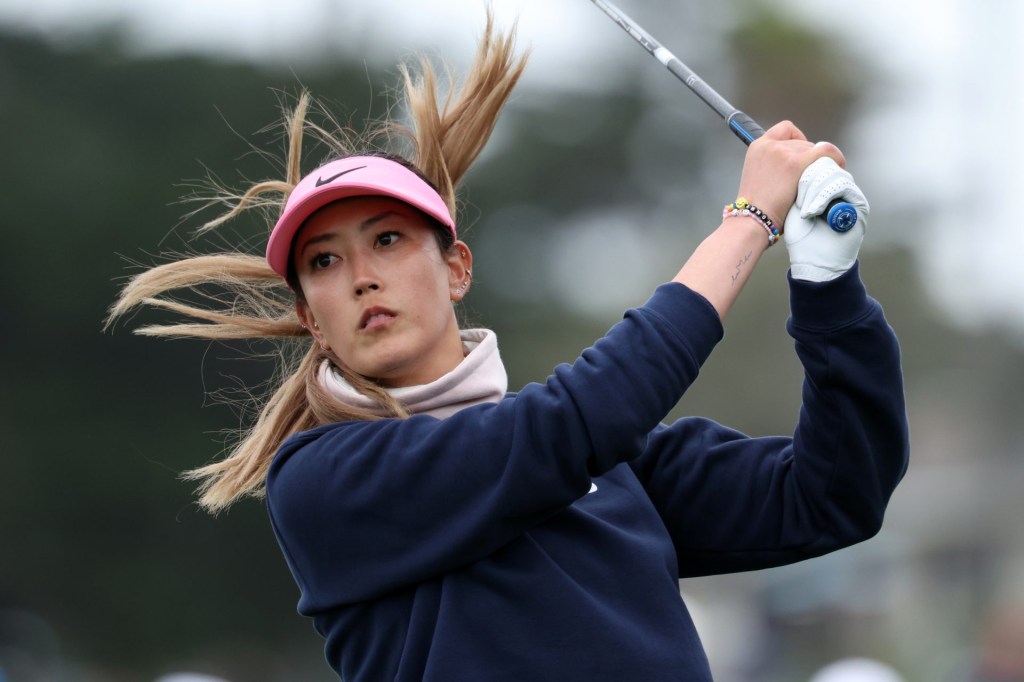The WNBA’s players and owners remain at odds a week and a half before the current collective bargaining agreement is set to expire.
NBA commissioner Adam Silver is the source of the latest bout of tension after an appearance on the Today show.
“Yes,” Adam Silver said on Oct. 21 in response to a direct question asking if WNBA players should be getting a larger share of the league’s revenue. “I mean, I think share isn’t the right way to look at it because there’s so much more revenue in the NBA.”
When host Craig Melvin interjected to ask how the issue of player compensation should be looked at, Silver had this to say.
“You should look at it in absolute numbers in terms of what they are making. They are going to get a big increase in this cycle of collective bargaining and they deserve it.”
Players’ earnings are at the center of the division between the sides.
The league’s latest proposal includes substantial increases to players salaries—a supermax near $850,000 and a veteran minimum around $300,000—but a revenue sharing model similar to the current structure, which is only implemented if certain cumulative targets are hit. This model only includes league office revenue, not team revenue. (The targets have never been hit.) The union isn’t satisfied and remains staunch in its stance that players’ salaries need to be directly tied to the entirety of the league’s business growth.
“What the league and teams are really trying to do is not only limit the cost of labor but also contain it through an artificial salary system that isn’t tied to the business the players are building in any real or meaningful way,” WNBPA executive director Terri Carmichael Jackson told Front Office Sports in a statement. “You know it’s bad when the best they say they can do is more of the same: a fixed salary system and a separate revenue sharing plan that only includes a piece of a piece of the pie, and pays [the league] back first.”
The WNBA’s ownership structure is broken down into three categories. The WNBA owners own 42% of the league, another 42% is owned by the 30 NBA owners, and the remaining 16% is owned by an outside investor group that was part of a $75 million capital raise—which dramatically undervalued the league—in 2022.
A source close to negotiations confirmed multiple meetings have taken place in October, including one during the WNBA Finals attended by commissioner Cathy Engelbert and union executive committee members, Nneka Ogwumike, Napheesa Collier, Breanna Stewart, and Kelsey Plum. Another meeting between the league and the union was held in Manhattan last Thursday.
A week before the Finals meeting, Collier ripped Engelbert and league leadership in a four-minute address. Collier alleged Engelbert said Indiana Fever guard Caitlin Clark should be “grateful she makes $16 million off the court, because without the platform that the WNBA gives her, she wouldn’t make anything.” Engelbert later denied Collier’s retelling of their previously private conversation, which led to Collier cancelling a planned meeting.
Both sides will continue to meet ahead of the Oct. 31 deadline, but multiple sources have told FOS that an extension will likely be necessary to ratify a new CBA.
“We’ve come to the table prepared to do business,” Jackson said. “They’ve responded with bad math and are hoping everyone doesn’t understand what ‘uncapped’ actually means. Adam Silver said it himself on behalf of the WNBA, ‘Share isn’t the right word.’ It’s not in their vocabulary.”
The league responded with a strongly worded statement to FOS after this story was published. Players are seeking a revenue sharing system where players and teams share every dollar of league revenue; the league says its offer is “uncapped” and would reward players for the league’s success.
“It is incorrect and surprising that the Players Association is claiming that the WNBA has not offered an uncapped revenue sharing model that is directly tied to the league’s performance,” the statement reads.
“The comprehensive proposals we have made to the players include a revenue sharing component that would result in the players’ compensation increasing as league revenue increases – without any cap on the upside. It is frustrating and counterproductive for the union to be making misrepresentations about our proposals while also accusing the league of engaging in delay. That is simply not true.
“While we have delivered comprehensive proposals that seek an agreement that will benefit all, the Players Association has yet to offer a viable economic proposal and has repeatedly refused to engage in any meaningful way on many of our proposal terms.” (The union has repeatedly accused the league of wasting time and delaying at the bargaining table.)
“We stand ready to continue negotiating in good faith and hope they will do the same so that we can finalize a mutually beneficial new CBA as quickly as possible.”
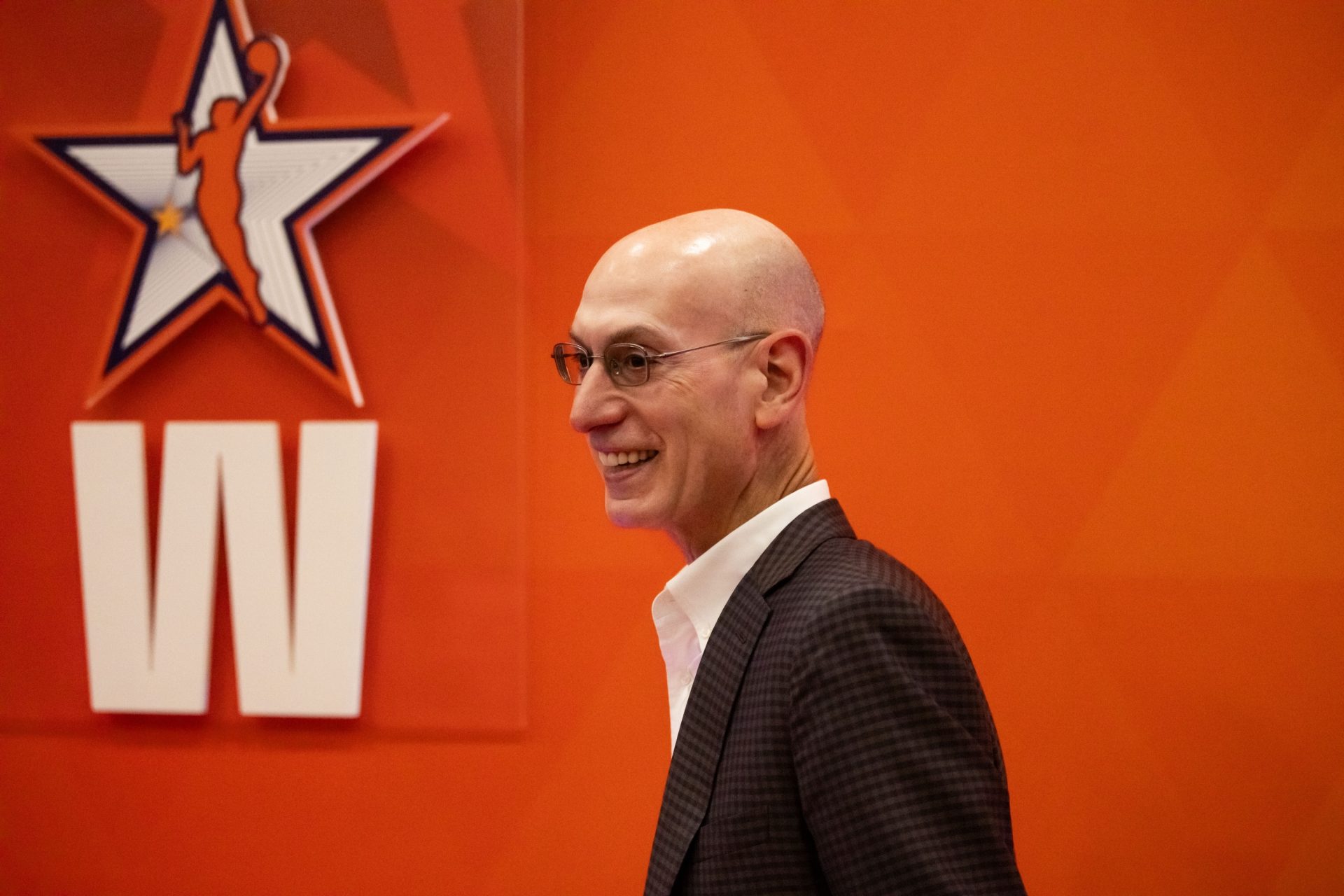
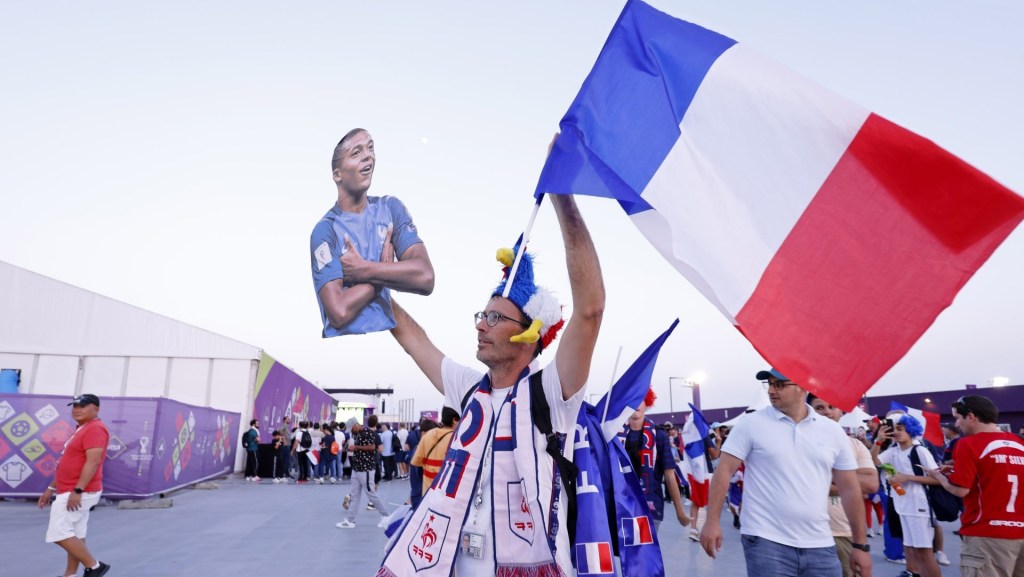
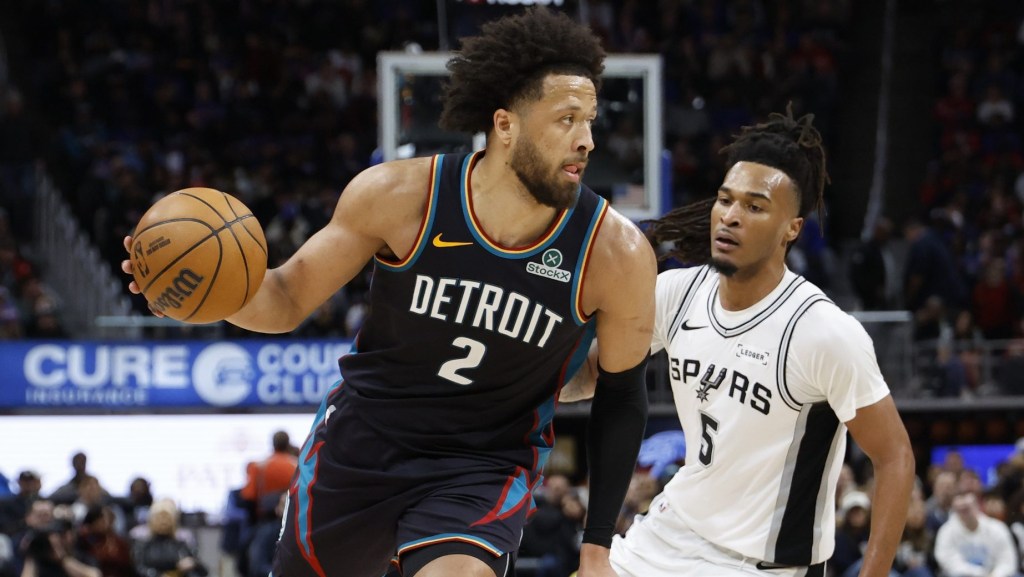
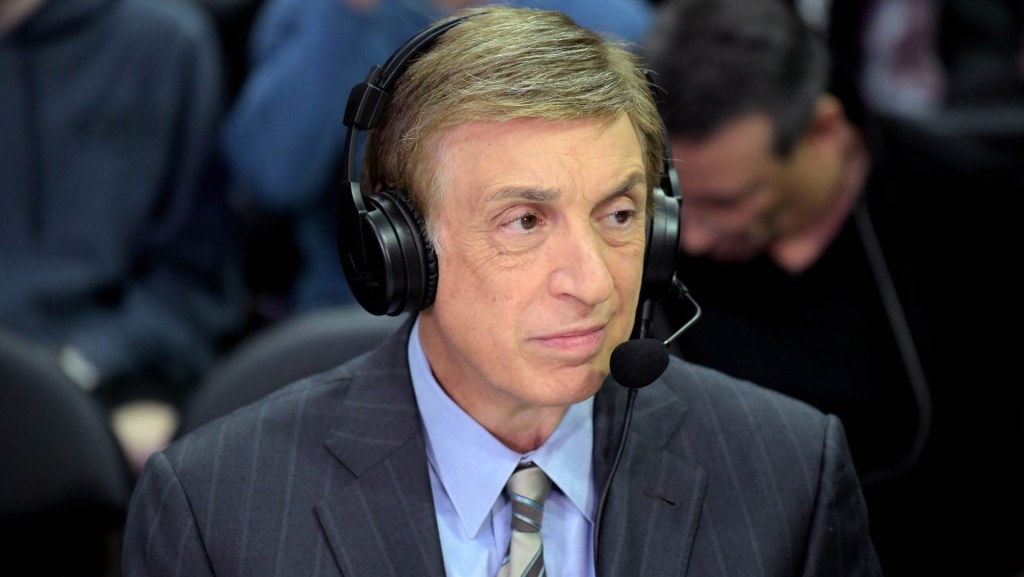
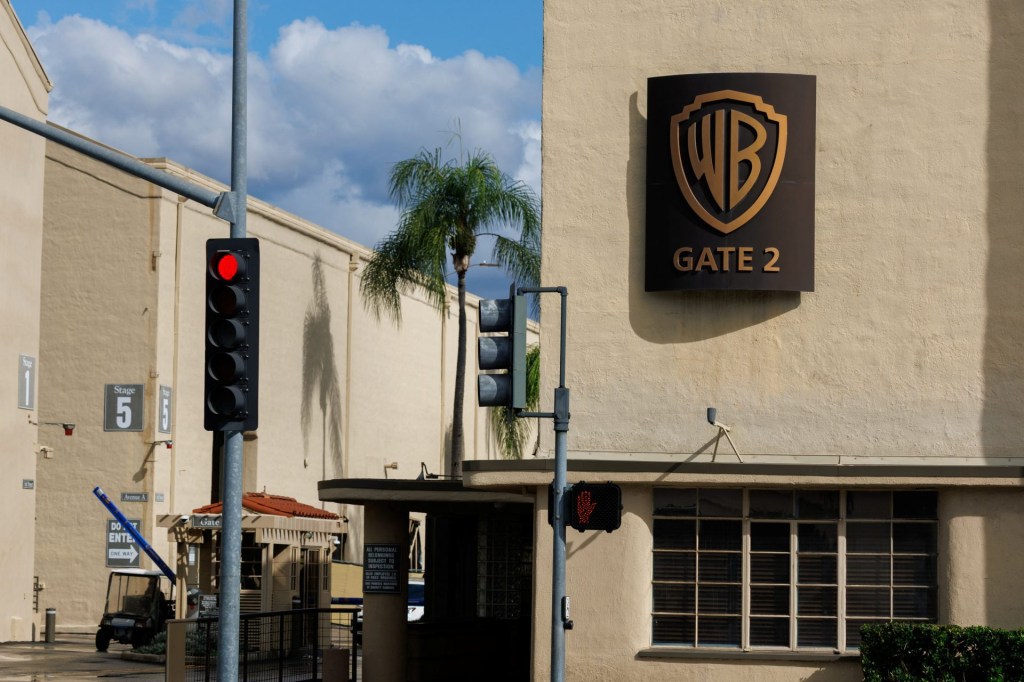
![[Subscription Customers Only] Jul 13, 2025; East Rutherford, New Jersey, USA; Chelsea FC midfielder Cole Palmer (10) celebrates winning the final of the 2025 FIFA Club World Cup at MetLife Stadium](https://frontofficesports.com/wp-content/uploads/2026/02/USATSI_26636703-scaled-e1770932227605.jpg?quality=100&w=1024)



